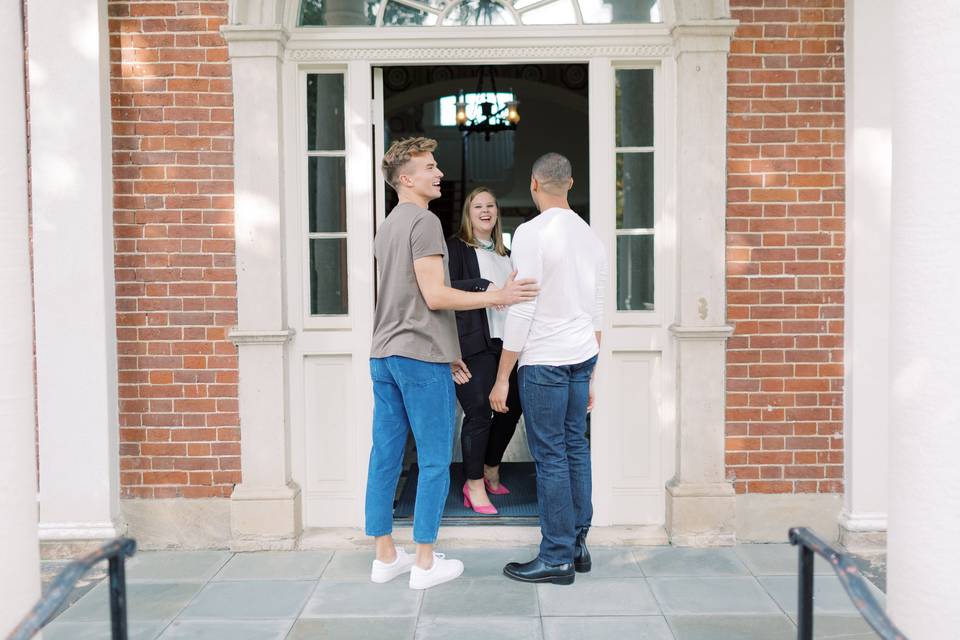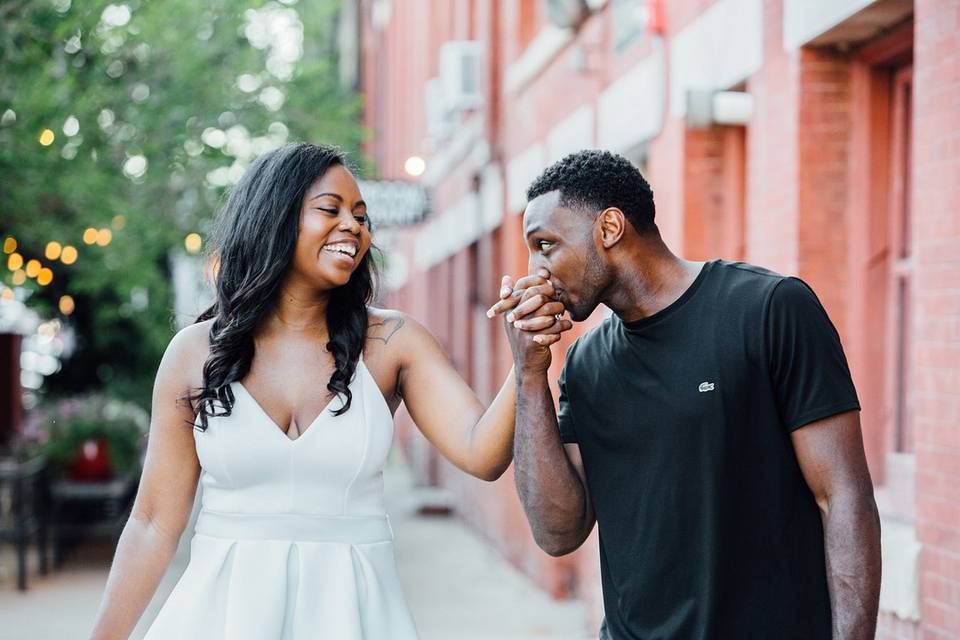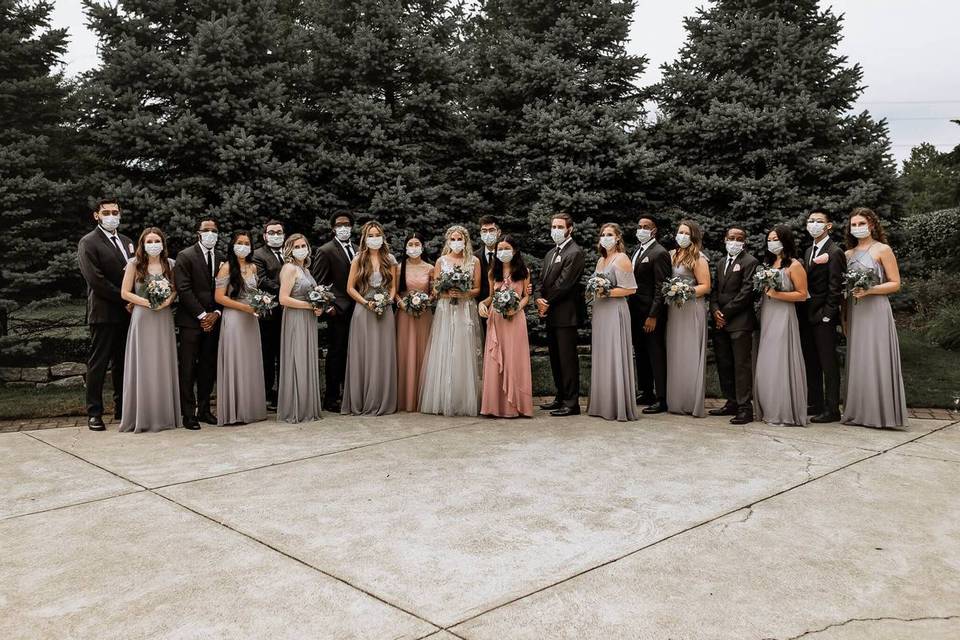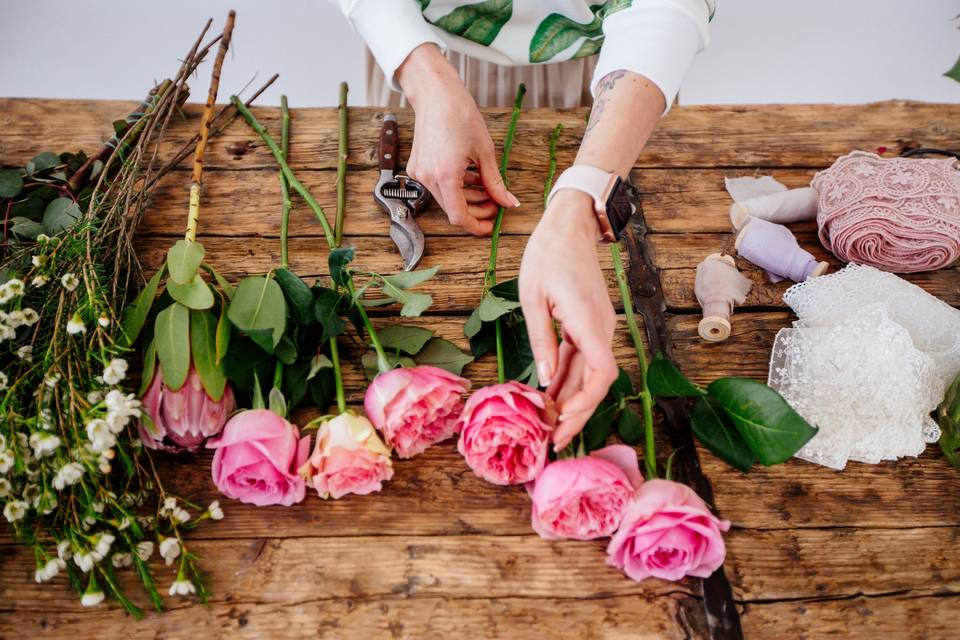Wedding Planning in Your 30s vs in Your 20s: Is There a Difference?
Do different age groups approach wedding planning differently? The answer isn’t quite so cut and dry.
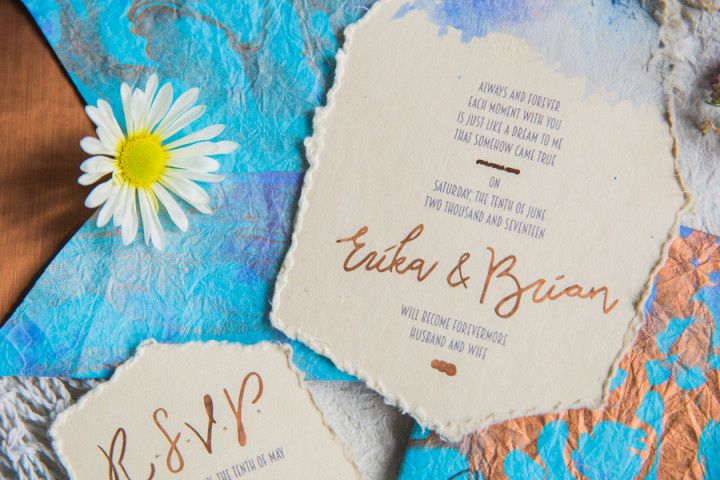
Just like your fashion choices and reaction to loud noises, wedding planning may be different for couples in their 20s than it is for couples in their 30s. Of course, there are many aspects of planning your big day that aren’t sensitive to age at all, but when it comes to certain wedding planning traditions and customs, you might find yourself with a different perspective depending on your age.
Here are some of the wedding planning traditions where age matters, or there’s no difference based on age.
Asking for your partner’s hand in marriage: Age matters.
This is a traditional aspect of wedding planning that many couples still love to do. According to the 2018 WeddingWire Newlywed Report, 67 percent of couples asked for a parent’s blessing before beginning wedding planning. While the idea of getting permission from the future in-laws is endearing, WeddingWire couples are less likely to do this when they’re older, so asking for a parent’s blessing is something couples in their 20s might see as more essential, whereas couples in their 30s might see it as a mere optional formality.
Moving in together before the wedding day: No big difference.
Blame the many cohabiting couples in pop culture, or blame the rising cost of renting in major cities, but this particular aspect of wedding planning is popular no matter your age. The overwhelming majority of couples WeddingWire surveyed lived together before being married — 79 percent to be exact. When you already live together, it can change how you go about wedding planning. For example, your wedding registry will look a lot different when you already have a stocked kitchen.
Strict rules for who pays for what: No big difference.
Weddings have been around for a long time, so certain etiquette rules, like which “side” pays for what wedding expenses, are in place. However, modern couples often toss those rules up in the air. More established couples in their 30s will likely foot a bigger portion of the bill than younger couples in their 20s, who might have more parental help covering expenses. Another factor is whether the couple identifies as LGBTQ, which often means much less family financial support. No matter the age, though, couples are creating more equal ways of paying for the wedding between two families.
Large wedding parties: Age matters.
Millennials, a generation that straddles people in their 20s and 30s, typically ask 10 close buddies to be a part of their wedding party, according to the 2018 Newlywed Report. Gen X, which includes folks in their 30s and 40s, cuts that list to seven. A lot of work goes into keeping your bridesmaids and groomsmen happy — both with you and each other, so it’s no wonder couples wedding planning in their 30s might want to scale down their list.
Tossing the bouquet/garter: Age matters.
While scrambling to the dance floor as “Single Ladies” booms from the DJ booth might be fun and exciting the first time around, by the time you’re attending a wedding as a singleton for the 10th or 20th time, the enthusiasm dwindles. Trust us. Additionally, when you’re wedding planning in your 30s, the odds of having a huge cohort of single friends dwindles as your friend group starts to pair off. This is one tradition where age will definitely matter.
One partner changing their name: No difference.
Women taking their husband’s last name is still the norm with 70 percent of couples WeddingWire surveyed changing to a partner’s last name. For LGBTQ couples, this is much less common, however. Even with a trend emerging of partner’s keeping their maiden names, age doesn’t seem to be a factor in the decision. According to a Census Bureau study, a woman’s level of education may be the biggest reason she would keep her given last name: women with a Master’s degree or higher were five to 10 times more likely not to change their name.

